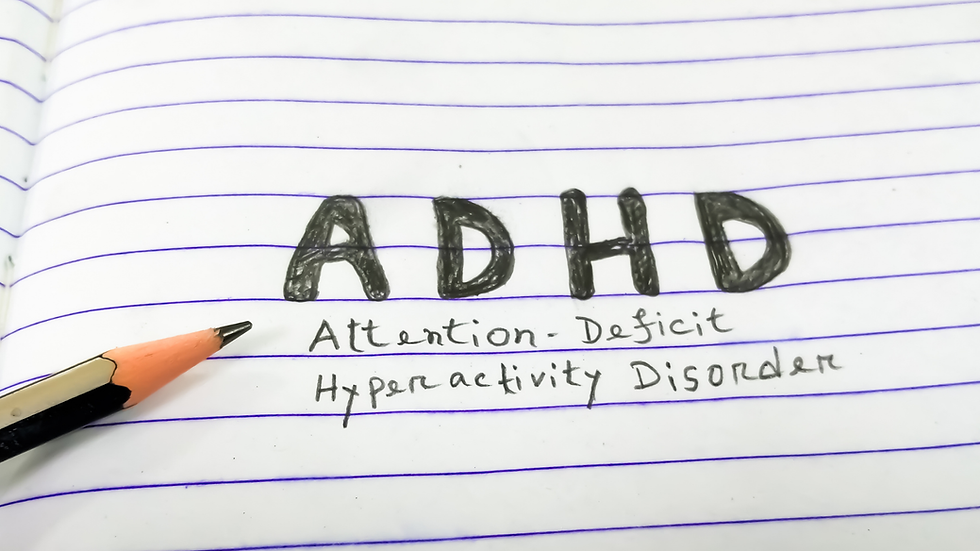Understanding Trauma: Insights and Pathways to Healing
- Jolene Psychology and Hypnosis Centre

- Nov 20, 2023
- 1 min read
Updated: Nov 21, 2023
What is Trauma? Trauma can arise from single events or prolonged experiences, leading to acute, chronic, or complex trauma. Common causes include abuse, accidents, natural disasters, or significant loss. Understanding these types can help in identifying and addressing trauma effectively.
The Effects of Trauma Trauma impacts mental health, potentially leading to PTSD, anxiety, and depression. Physically, it may manifest as sleep disturbances or chronic pain. Socially, individuals might struggle with relationships and experience feelings of isolation.
Recognizing Trauma Symptoms of trauma vary but often include flashbacks, severe anxiety, and mood swings.
Healing from Trauma Healing is a personal journey, involving therapies like CBT or EMDR, medication, and alternative approaches. Support systems are vital in this process.
Self-Care and Coping Strategies Self-care is essential in managing trauma symptoms. This includes mindfulness, exercise, creative activities, and adequate rest. Developing healthy coping mechanisms and practicing self-compassion are key.
Supporting Someone with Trauma Support involves active listening, validating feelings, and offering non-judgmental help. Patience is crucial, as healing is a gradual process. Resources for supporters include educational materials and support groups.
Conclusion: Healing from trauma is possible with appropriate support and resources.
This blog serves as a guide for understanding and navigating the complexities of trauma. For those struggling, professional help can pave the way to recovery.




Comments